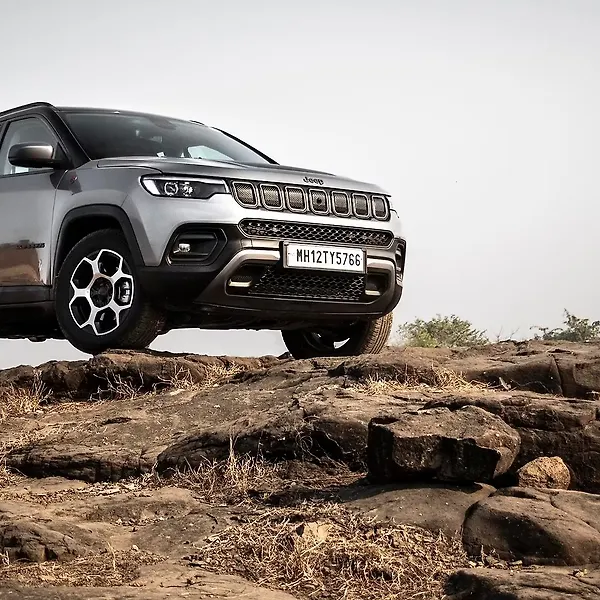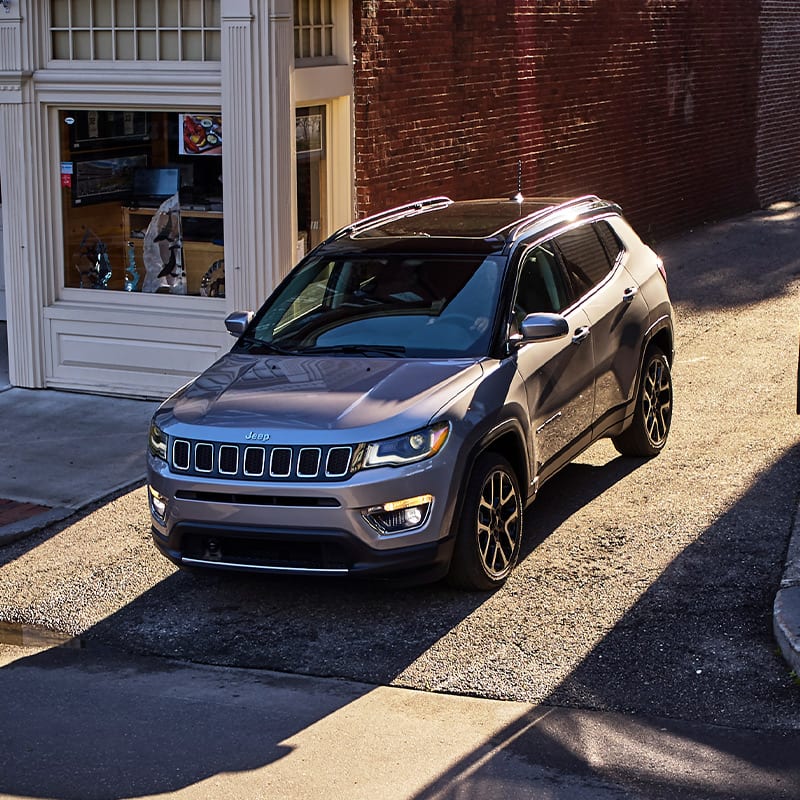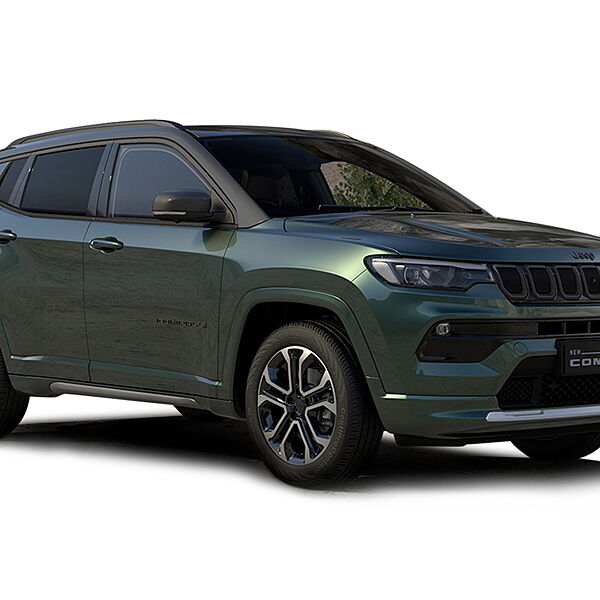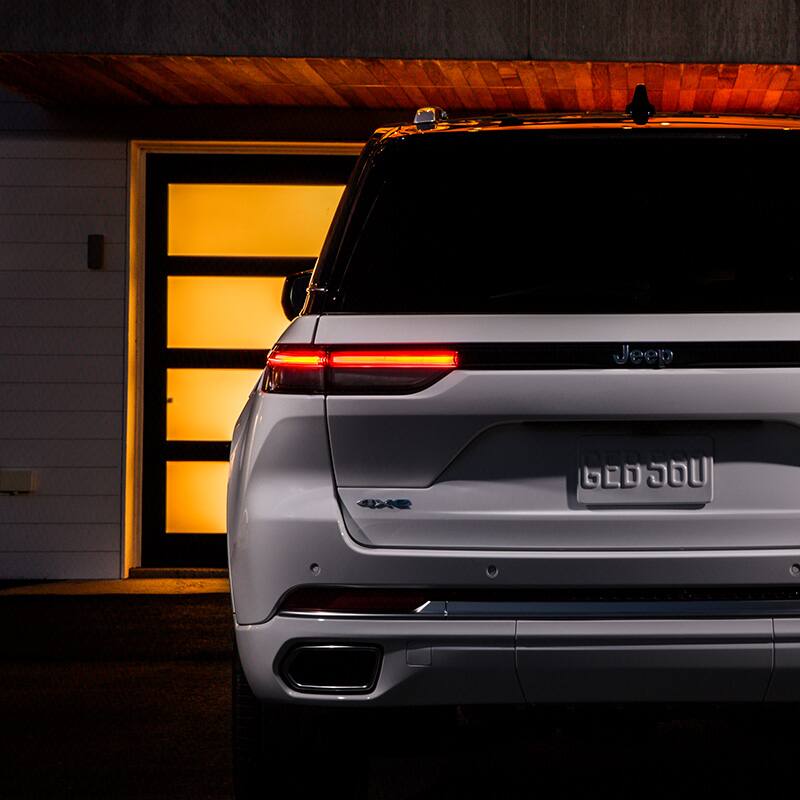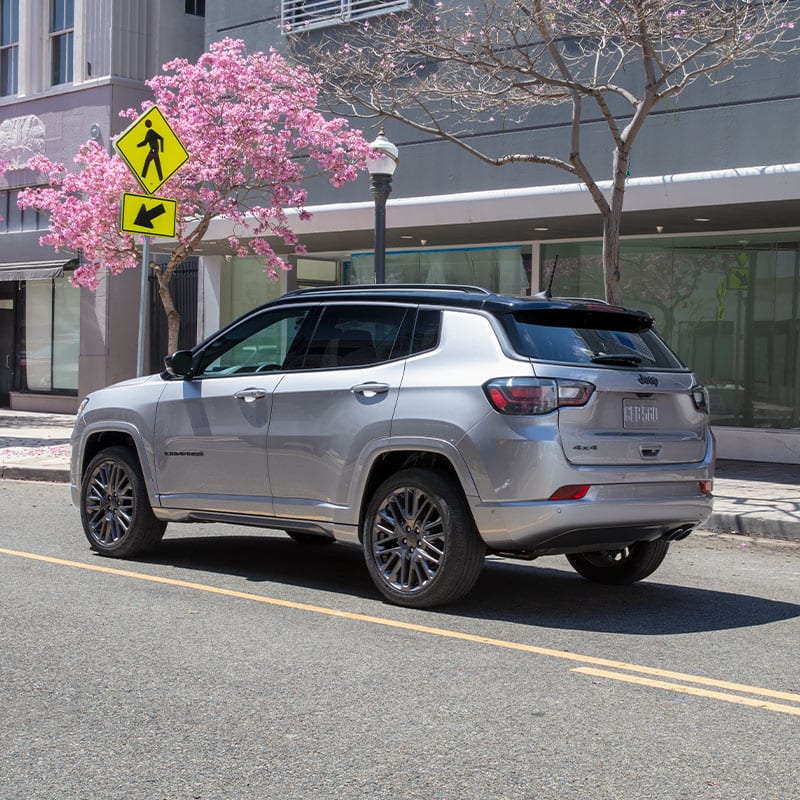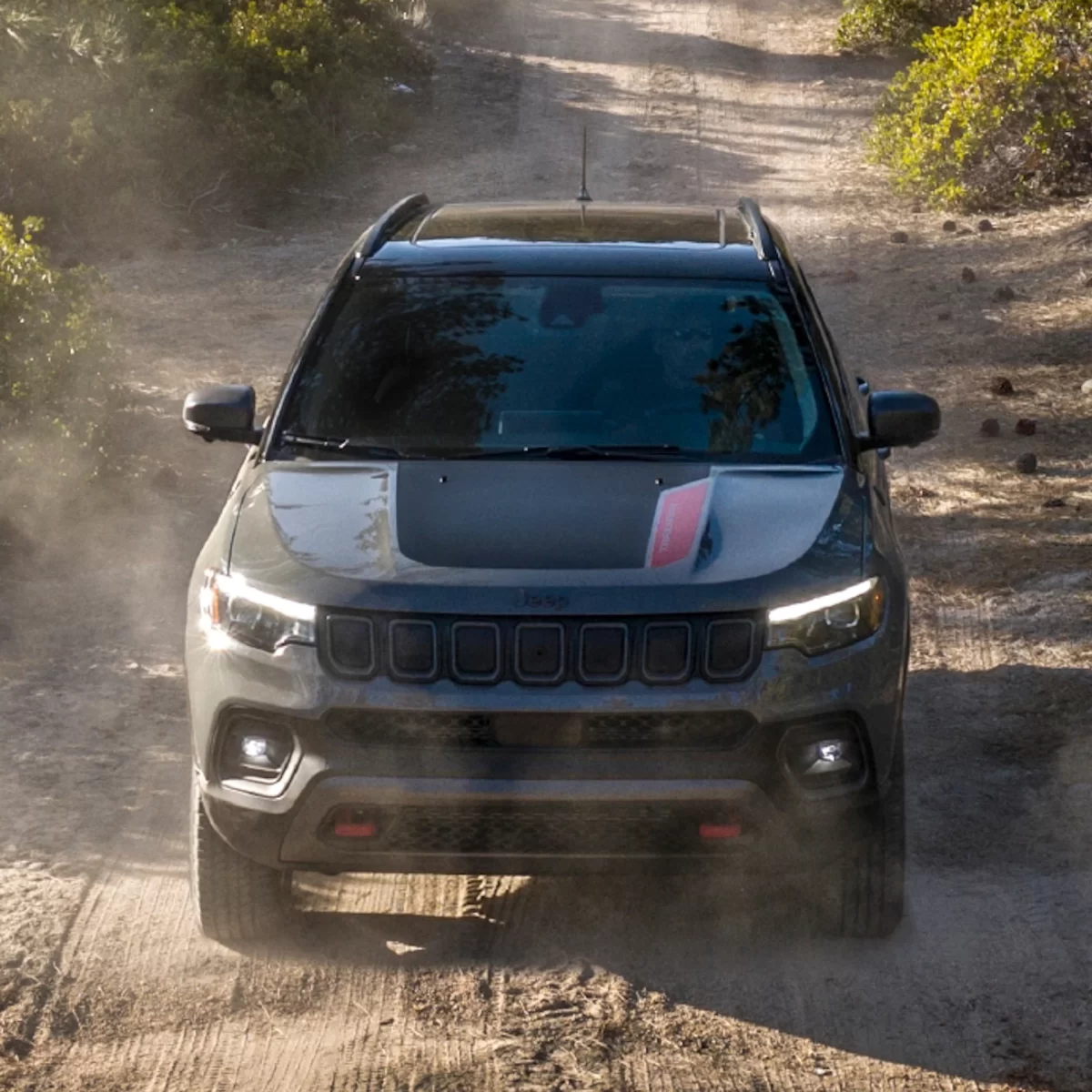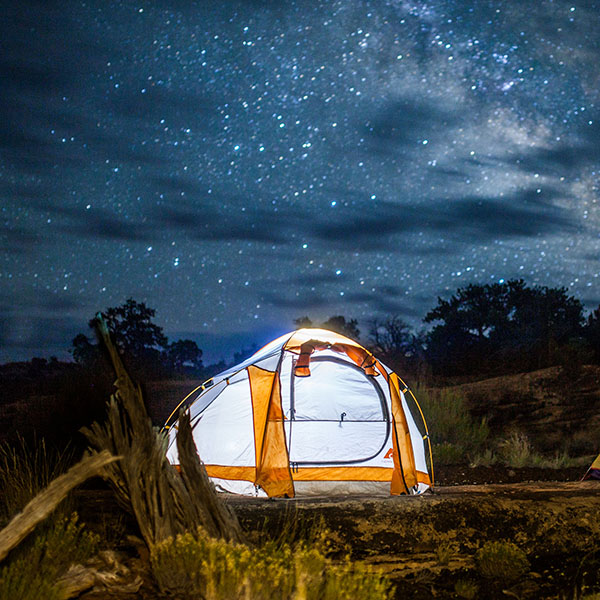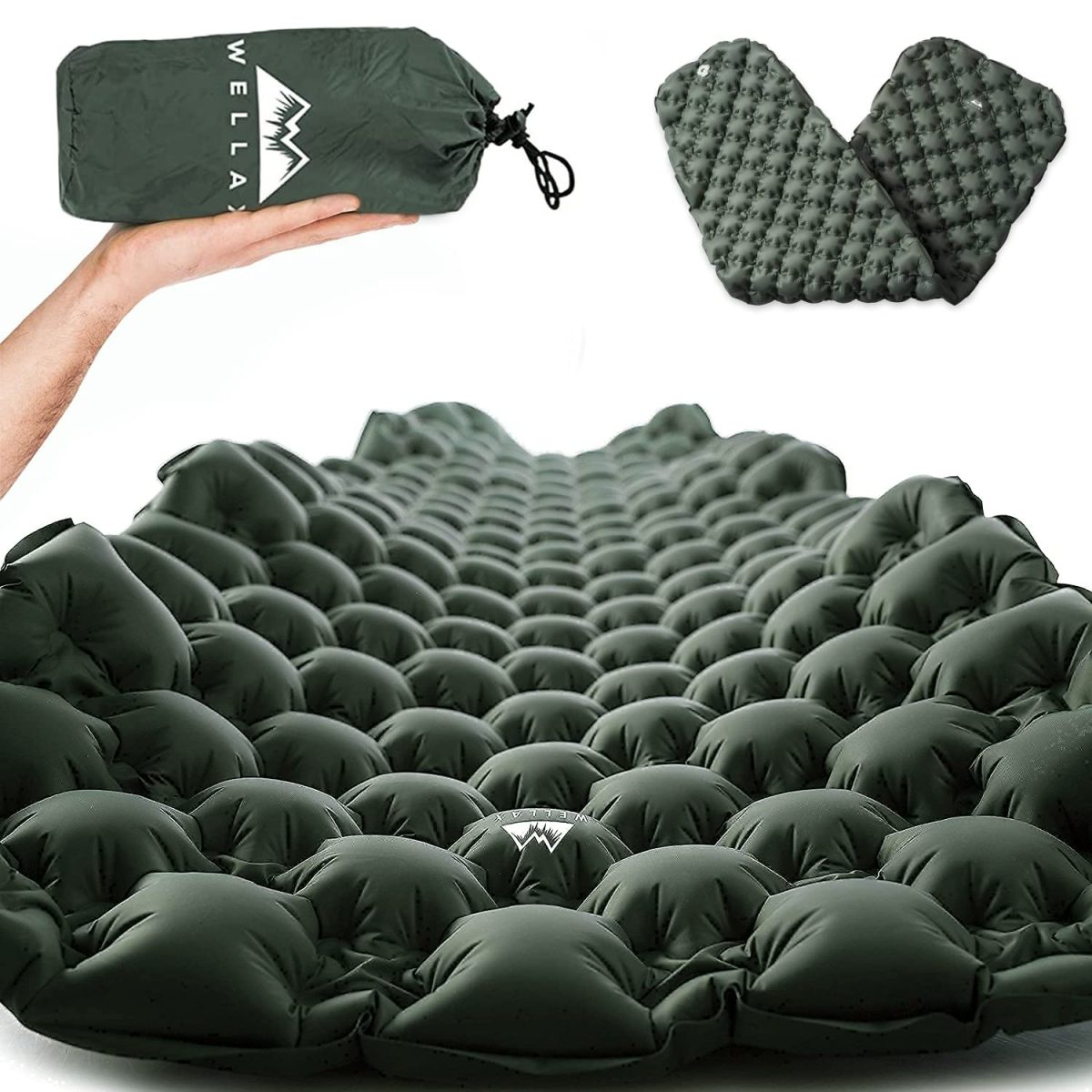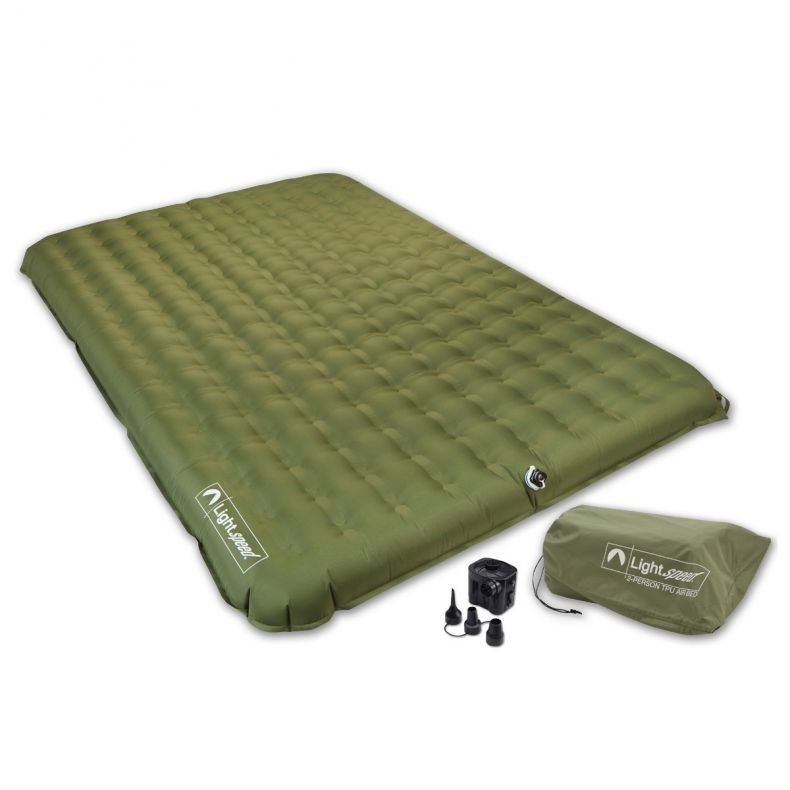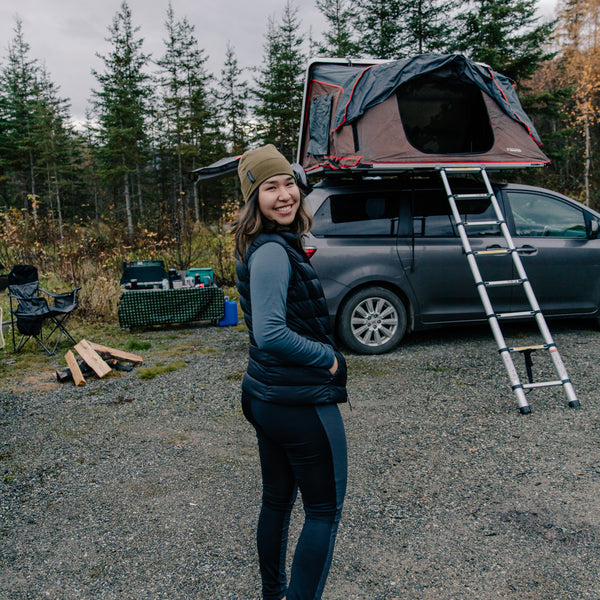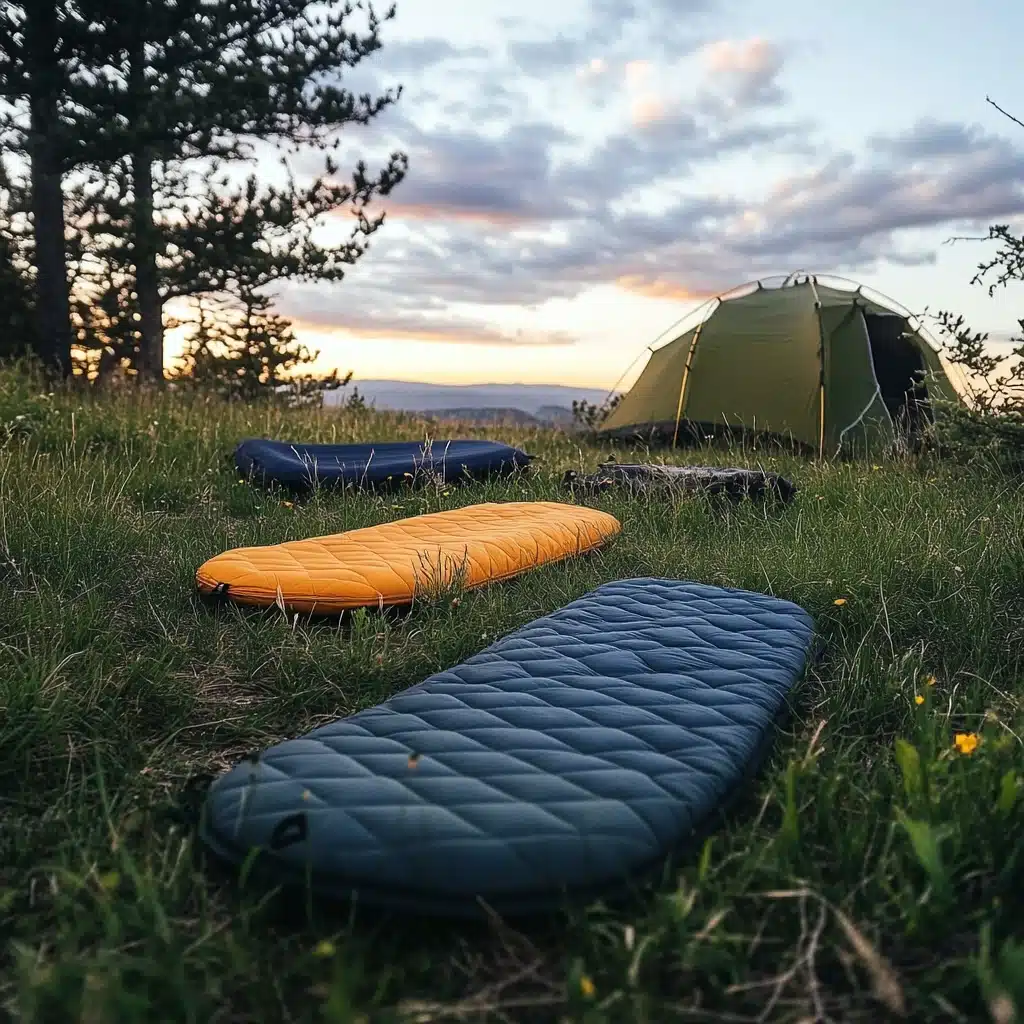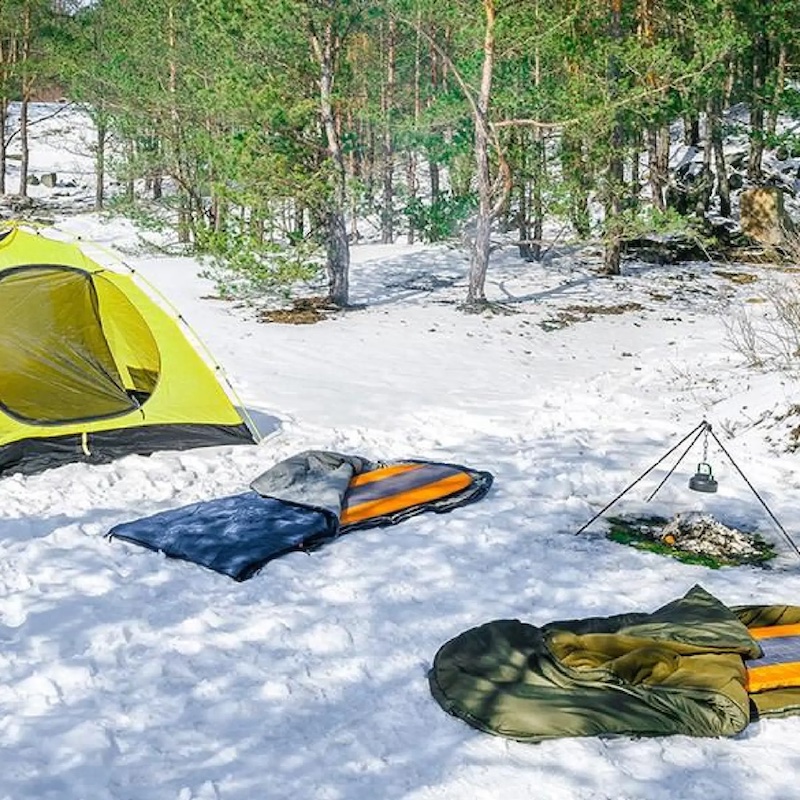Exterior Design Features
The 2023 Jeep Compass Trailhawk not only promises robust performance but also showcases a striking outward appearance that aligns with its capabilities. This model is designed to stand out with a rugged charm that appeals to outdoor enthusiasts and adventure seekers alike.
Trailhawk Styling and Badging
Every aspect of the Trailhawk’s design screams toughness and readiness for the unpaved path. The Sting Gray paint job is complemented by a partial black hood, distinctive red tow hooks, and a bold Trailhawk red decal that make it instantly recognizable. Notably, it proudly flaunts the ‘Trail Rated’ badges on its front fenders, a testament to its superior off-road performance abilities, ensuring it is recognized as Jeep’s elite in off-roading prowess.
Off-Road Equipment
To equip the Compass Trailhawk for various terrains, it features black wheels with durable off-road tires and a functional spoiler at the rear. These elements are not just for aesthetics but are meticulously selected to enhance the vehicle’s ability to tackle challenging conditions effectively. Whether it’s muddy tracks or rocky pathways, the Compass Trailhawk is equipped to handle it with ease, providing a relentless drive experience wherever you go.
Power and Performance
The 2023 Jeep Compass Trailhawk boasts a newly upgraded engine for improved power and efficiency.
Turbocharged Engine Specifications
Under the hood, the Compass Trailhawk delivers performance through a 2-liter, 4-cylinder turbocharged engine. This potent engine generates a considerable 200 horsepower and 221 pound-feet of torque. Such capacity allows it to handle challenging terrains with robust power and remarkable traction. The compact SUV segment rarely sees such a balanced blend of power in a compact frame, making the Compass Trailhawk a standout model in its class.
Transmission and Drive Modes
Mated to this powerful engine is an 8-speed automatic transmission that facilitates smooth transitions and maintains fuel efficiency. This combination ensures that the Compass Trailhawk can deliver strong acceleration and responsive handling, critical for both highway driving and off-road adventures.
The integration of selectable drive modes further enhances its adaptability. Drivers can switch between modes, optimizing performance based on different terrains and weather conditions. The option to lock the 4-wheel drive system is particularly beneficial when confronting rougher landscapes, providing drivers the confidence needed for off-road escapades.
Interior Amenities
The 2023 Jeep Compass Trailhawk offers a perfect blend of ruggedness and luxury within its cabin. Quality materials and advanced technology provide comfort and convenience, essential for both daily commutes and adventurous excursions.
Luxurious Touches and Technology
Inside the Compass Trailhawk, drivers encounter a generous use of soft touch materials, creating a sense of luxury unexpected in an off-road vehicle. The interior is distinguished by detailed stitching and a configurable digital gauge cluster that’s colorful and easy to navigate. A prominent 10.1-inch screen sits at the center of the dash, serving as the hub for the Alpine sound system, navigation, Bluetooth connectivity, and a 360-degree camera. Integrating with Apple CarPlay and Android Auto, it also supports voice commands and offers access to Alexa, ensuring connectivity on the go.
Comfort and Utility
Despite its compact dimensions, the Compass Trailhawk doesn’t compromise on passenger comfort. Heated and air-conditioned front seats and dual-zone climate control ensure a pleasant journey regardless of outdoor conditions. In the back, the room can be tight but offers sufficient headroom for most, paired with individual air vents and USB ports to enhance passenger comfort. For added utility, the cargo area is ample, with additional storage under the spare tire. The various features, including a wireless phone charger and a power liftgate, add a layer of practicality to the vehicle, making life easier for both driver and passengers alike.
Safety and Assistance Features
The 2023 Jeep Compass Trailhawk is not just rugged; it’s smartly equipped for safety.
Advanced Driver-Assistance Systems
Safety is paramount in the Compass Trailhawk’s design. It boasts advanced driver-assistance systems, including adaptive cruise control for maintaining safe distances and active driving assist to take the strain off long journeys. Add in park assist for tight spots, and forward collision warning complemented by active braking, the Trailhawk foresees and reacts to potential hazards quickly. Lane management helps to keep you securely in your lane, and blind spot monitoring watches those hard-to-see areas, providing peace of mind.
Safety Technology and Ratings
The Compass Trailhawk comes with a high level of safety technology. With its robust construction and sophisticated safety features, it’s ready to confront a variety of driving scenarios confidently. The vehicle has not only been engineered with sturdy materials but also with systems designed to protect occupants at all times. Ratings reflect its commitment to safety, although specific numbers should be consulted from authoritative safety rating agencies for the most accurate information. With all these protective measures, drivers and passengers can feel secure whether traversing city streets or tackling off-road conditions.
On and Off-Road Driving Experience
Handling and Ride Quality
The 2023 Jeep Compass Trailhawk excels in handling and ride quality, both on paved roads and rugged terrain. Its agility on highways and stability in challenging conditions make it a versatile vehicle for various driving situations. The ride is smooth owing to its meticulously tuned suspension system, ensuring comfort even when navigating over bumps and other common obstacles found off-road. The steering response is sharp, and the vehicle maintains good grip and control, which instills confidence in both everyday commutes and adventurous endeavors.
Off-Road Capability
When it comes to off-road prowess, the Compass Trailhawk shines brightly. Its rugged design effortlessly tackles steep slopes, deep mud, and rocky paths. Enhanced by a robust 4-wheel drive system and multiple drive modes, it allows drivers to tailor the vehicle’s performance to suit specific terrain types. This adaptability is supported by its high ground clearance and skid plates that protect vital undercarriage elements from damage. Together, these features assure that the Compass Trailhawk is not just capable of off-road adventures but thrives in them, providing an unyielding and exhilarating experience.
Pricing and Value
When considering the 2023 Jeep Compass Trailhawk, price is a major factor.
MSRP and Standard Equipment
The Trailhawk starts at a base price of $35,745. But with additional features, the price jumps to $47,215. This includes transportation costs. Standard offerings are generous. They include a panoramic moonroof, power liftgate, and heated front seats. Safety tech like adaptive cruise control and forward collision warning is also standard.
Cost-effectiveness and Competition
At its price point, the Compass Trailhawk competes with other compact SUVs. It might seem pricey, but its off-road prowess justifies the cost for many. Consider its features and capabilities against others in its class. It offers value through versatility and rugged performance. Yet, shoppers should weigh the trail-ready advantages against their needs.
Additional Specifications
When evaluating the 2023 Jeep Compass Trailhawk, certain specifications stand out, particularly its towing capacity and impressive fuel economy for a 4×4 SUV.
Towing Capacity and Fuel Economy
The Trailhawk is designed for adventure, and that includes having the capacity to tow up to 2,000 pounds. This means you can confidently hitch trailers for camping trips or towing sports equipment for your outdoor excursions. Additionally, for a vehicle that stands strong in off-road conditions, it offers a commendable fuel economy of 24 mpg in the city and 32 mpg on the highway, striking a fine balance between power and efficiency.
Dimensions and Weight
Understanding the vehicle’s dimensions and weight is crucial for gauging how it will handle on various terrains. The Compass Trailhawk measures 173 inches in length, 80 inches in width, and 65 inches in height. This compact SUV’s stature is complemented by its weight of 3,620 pounds. Allowing it to maintain agility without sacrificing on solidity. These dimensions ensure that it is a well-proportioned vehicle capable of navigating tight trails while offering a spacious interior for passengers and cargo alike.

